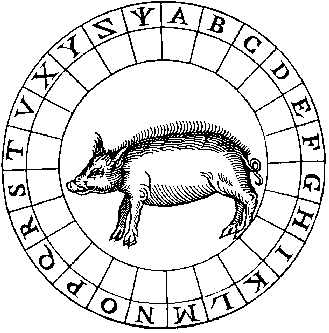von Humboldt's university education model

フンボルト・モデル
von Humboldt's university education model

池田光穂
ヴィルヘルム・フォン・フンボルト (Friedrich Wilhelm Christian Karl Ferdinand Freiherr von Humboldt, 1767-1835:アレキサンダーの兄)は、内務省の宗教・公教育局局長として、1810年にベルリン大学(Friedrich-Wilhelms- Universität)を創設した。これが近代における研究中心の大学のモデルとして、教授を中心とする講座を、その運営単位として、講座が授業を運営 するという、大学を徒弟制にもとづく研究教育機関としてさだめました。これが、今日の古典的な大学運営のモデルとしての「フンボルト・モデル」あるいはフ ンボルトタイプの大学といわれるようになったと言われています。
フンボルトの教育理念は次のようなものでした。
In his essay on the 'Theory of Human Education', he answered the question as to the 'demands which must be made of a nation, of an age and of the human race'. 'Education, truth and virtue' must be disseminated to such an extent that the 'concept of mankind' takes on a great and dignified form in each individual (GS, I, p. 284). However, this shall be achieved personally by each individual, who must 'absorb the great mass of material offered to him by the world around him and by his inner existence, using all the possibilities of his receptiveness; he must then reshape that material with all the energies of his own activity and appropriate it to himself so as to create an interaction between his own personality and nature in a most general, active and harmonious form' (GS, II, p. 117).(Source: http://en.wikipedia.org/wiki/Wilhelm_von_Humboldt)
(現在:建築中)
リンク
文献